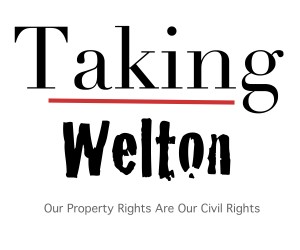Time Limit to Transfer Base Year Property Tax Value Expanded for Eminent Domain Takings
“Californians who have owned their properties for years understand the benefits of Proposition 13: their property taxes are based upon the property’s purchase price (with only small allowable annual increases), as opposed to the property’s current value. But upon a transfer, the property gets reassessed at its current value. Consequently, people in California often wind up with higher property taxes when they sell one property and buy another, even if the new property costs exactly what they received for the sale of the old property.
When an owner is forced to “sell” as a result of the government’s power of eminent domain, this rule does not apply. Rather, California law contains an exception which allows condemned owners to keep their Proposition 13 base year value and transfer it to a replacement property. However, there are limitations.
For example, California Revenue and Taxation Code section 68 provides that the property owner must file a request for the transfer of the base year value within four years after the recordation of a final order of condemnation. So what happens if the property owner fails to file for the transfer within the four year time limit? This question was recently answered by the Court of Appeal in Olive Lane Industrial Park v. County of San Diego (2014 Cal. App. LEXIS 632). “
Kuhn, Brad. California Eminent Domain Report 19 July 2014.
